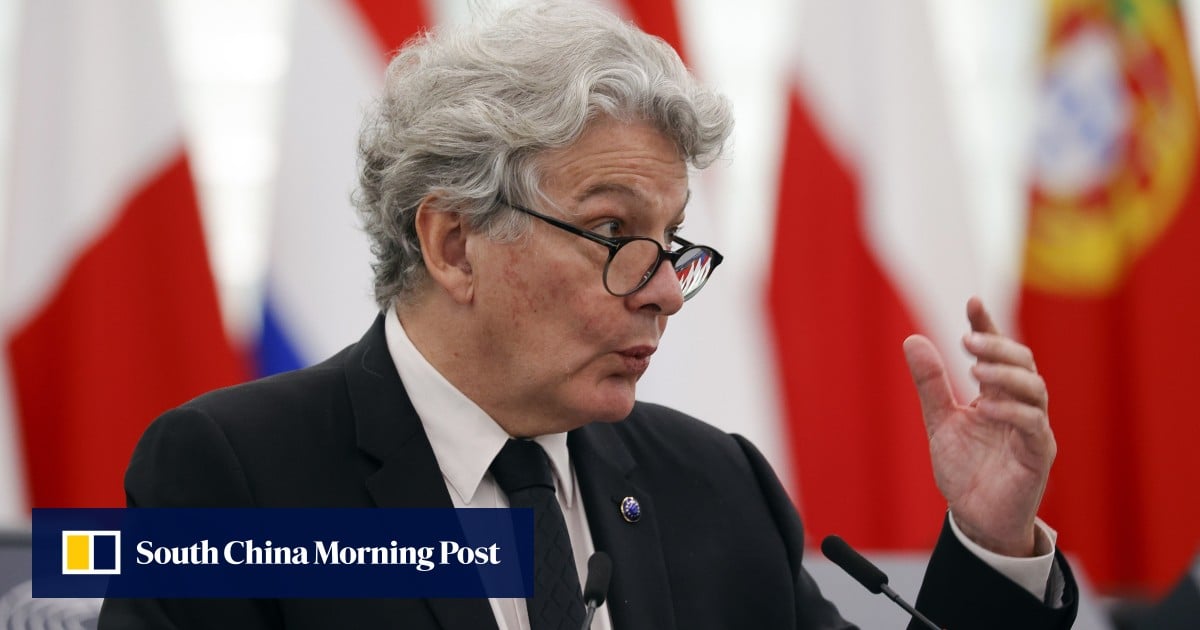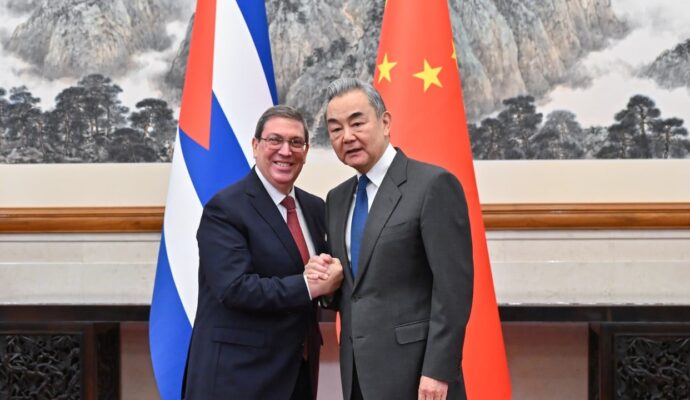
“This is too slow, and it poses a major security risk and exposes the union’s collective security since it creates a major dependency for the EU and serious vulnerabilities,” Breton said.
Excluding “Huawei and ZTE from 5G networks is justified and compliant”, according to the EU report, which updates the 5G toolbox first revealed in 2020.
“Consistently with such decisions, and on the basis of a broad range of available information, the commission considers that Huawei and ZTE represent in fact materially higher risks than other 5G suppliers,” the report continued.
Huawei and ZTE have been approached for comment.
The report said the high-risk vendors in question were likely to be “influenced by specific third countries which have security laws and corporate governance that are a potential risk for the security of the [EU]”, and that members should “impose restrictions on high-risk suppliers without delay”.
But removing Huawei and ZTE from members’ networks could prove challenging, given the sizeable investments European governments have made in the firms’ hardware.
A 2022 study by Strand Consult, a research firm, found that in one EU member, Cyprus, Chinese vendors provided 100 per cent of the 5G network. In Romania, 76 per cent was Chinese-backed, and 72 per cent in the Netherlands.
The EU decision comes as it prepares to release an economic security strategy next week. This will set out a plan for reducing dependencies on China for critical resources, and preventing EU technology from ending up in Chinese hands, owing to national security concerns.
Breton on Thursday said protecting Europe’s telecoms networks from dependencies on autocratic countries was as important as weaning off their critical commodities.
“We eliminated our dependencies in other critical sectors, for example, on energy, in record time when many thought at that time it was impossible,” Breton said.
“The situation with 5G should be no different. We cannot afford to maintain critical dependencies that could become a weapon against our interests.”
The European Union’s move against Huawei and ZTE came up in Washington on Thursday, during a hearing by the US-China Economic and Security Review Commission, a government advisory body, on the extent to which the EU was aligning with Washington on “de-risking” measures related to China.
Janka Oertel, director of the Asia programme at the European Council on Foreign Relations, said that the order to ban equipment by the Chinese companies would add momentum to what had been mostly a “shaming and naming” exercise to end “corporate inertia” on removal efforts.
In Germany, where Oertel said 65 per cent of 5G telecoms equipment was made by Huawei, “there is the legal basis for a ban, and this is acting on the actual implementation of the legal mechanisms that have already been created”.
The new EU ban meant that “these things are moving and I wouldn’t be surprised if … we will not be talking about this in two years time”, she said. “But it’s moving slowly.”
Additional reporting by Robert Delaney in Washington

